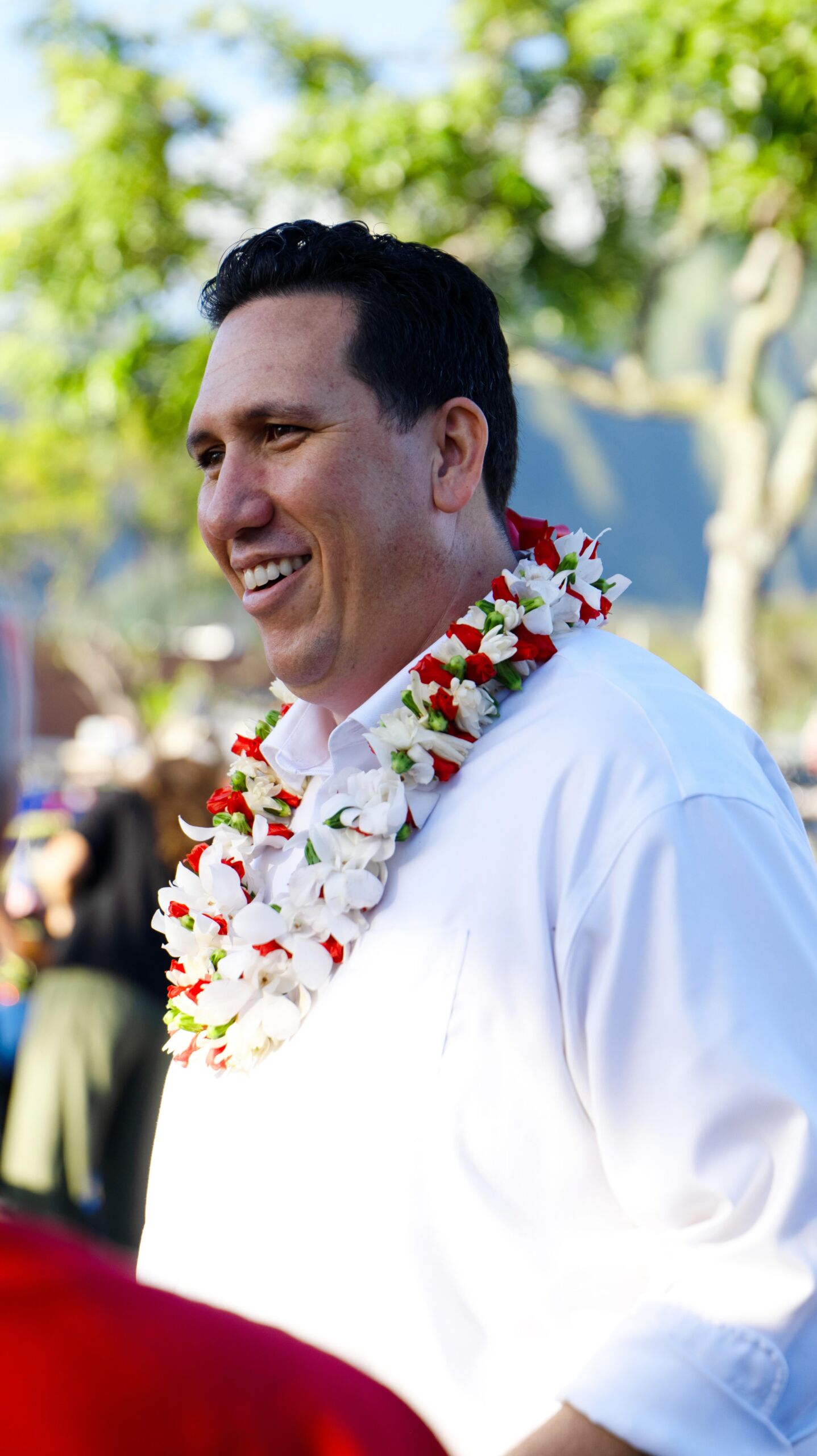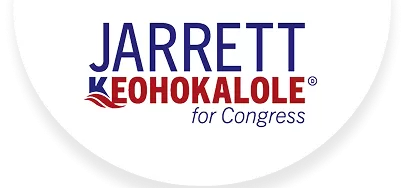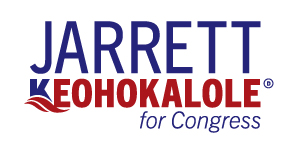2025 Legislative Session Recap: Progress, Challenges, and Steady Work for Hawaiʻi
The 2025 legislative session brought a blend of meaningful progress and new challenges as we worked together to respond to pressing concerns in our communities. From stabilizing insurance markets to fighting invasive species and protecting Hawaiʻi’s most vulnerable, we made strides in areas that matter deeply to our daily lives.
Here’s a closer look at some of the key legislation we passed – and why it matters for you and your ʻohana.
BUDGET & FISCAL RESPONSIBILITY
HB300 – State Budget
Our $20 billion annual operating and capital improvement budget invests in education, health care, housing, and homelessness services. However, with more than 20% of Hawaiʻi’s budget tied to federal funds, growing uncertainty at the national level made long-term planning difficult. That’s why we chose a cautious fiscal approach while still stepping in with $50 million in state funding for local nonprofits impacted by sudden federal cuts this spring.
INSURANCE MARKET RELIEF
SB1044 – Insurance Stabilization
In response to skyrocketing property insurance premiums and shrinking coverage options, I authored SB1044 to reactivate the Hawaiʻi Hurricane Relief Fund and expand the powers of the Hawaiʻi Property Insurance Association. This measure also establishes a Condominium Loan Program to help address deferred maintenance and safety upgrades. It’s a direct response to calls from property owners, offering a path to long-term market stability.
CLIMATE & ENVIRONMENTAL PROTECTION
SB1396 – Climate Impact Fee
Hawaiʻi is leading the nation by linking tourism and climate resiliency. This bill raises the Transient Accommodations Tax (TAT) and directs new revenue toward climate change mitigation and tourism-related infrastructure. For the first time, TAT will also apply to cruise ship fares—an important step in balancing environmental impact with economic development.
HB969 – Oʻahu Landfill Protections
This bill ensures future landfills won’t be placed on Class A agricultural lands or above our island’s aquifer. It also protects the Kailua community by keeping buffer zones intact. According to Mayor Blangiardi, the bill will likely extend the life of the West Oʻahu landfill – giving us more time to identify long-term solutions.
PUBLIC SAFETY & ILLEGAL FIREWORKS CRACKDOWN
HB550 / HB1483 / HB806 / SB222
Following the tragic New Year’s Eve explosion in Aliamanu, we took aggressive steps to curb illegal fireworks. New measures allow law enforcement to use drone footage as probable cause, increase penalties for injury-causing violations, and fund sting operations and lab testing capacity. The Illegal Fireworks Task Force will continue its work through 2030 to disrupt the flow of black-market fireworks into our neighborhoods.
EDUCATION & FOOD SECURITY
SB1300 – Universal Free School Meals
Starting in the 2025–2026 school year, students who qualify for reduced-price meals will receive free meals. By 2026–2027, coverage will expand to students from households earning up to 300% of the federal poverty level. This bill recognizes that students can’t learn on an empty stomach, and it targets support to the many working families still struggling to make ends meet.

BIOSECURITY REFORM
HB427 – Department of Agriculture and Biosecurity (DOAB)
This bill represents a major overhaul of our invasive species response. It creates a Deputy Chair for Biosecurity, grants emergency powers to contain outbreaks, mandates stricter interisland inspections, and establishes transitional facilities. It’s a strong step forward, though continued investment and enforcement will be needed to protect Hawaiʻi’s fragile ecosystems.
WILDLIFE PREPAREDNESS & UTILITY ACCOUNTABILITY
SB897 – HECO Liability Shield / Securitization
This controversial bill authorizes fees on ratepayers to finance wildfire safety upgrades and allows the Public Utilities Commission (PUC) to cap HECO’s liability for future wildfire damages. While I support funding wildfire mitigation, I voted no on this bill because the liability cap provision goes too far and may reduce accountability after future disasters.
NONPROFIT EMERGENCY SUPPORT
SB933 – Nonprofit Rescue
With many local nonprofits facing sudden federal funding cuts, this bill allocates $50 million in state funds to sustain critical programs and services. It also establishes a transparent grant selection process to ensure funds are allocated where they’re needed most.
E-BIKE SAFETY REFORM
HB958 – E-Bike Crackdown
This bill introduced new safety requirements for e-bike and scooter riders, including age restrictions, helmet mandates, and restrictions on sidewalk riding. Unfortunately, the bill was vetoed on July 3, 2025, but I believe the conversation around e-bike safety must continue given the growing number of accidents across Oʻahu.
STAYING THE COURSE ON HOUSING, COST OF LIVING & HOMELESSNESS
Even with this year’s progress, housing, homelessness, and the rising cost of living remain the defining issues for our community. These are not easy problems, but I remain committed to doing the hard, steady work to make life better for our families.
To everyone who reached out, showed up, or shared concerns – mahalo. Your voice guides my work, and I’m deeply grateful for the chance to serve.
Let’s keep moving forward together.
Together We Rise: A Campaign for Everyone


